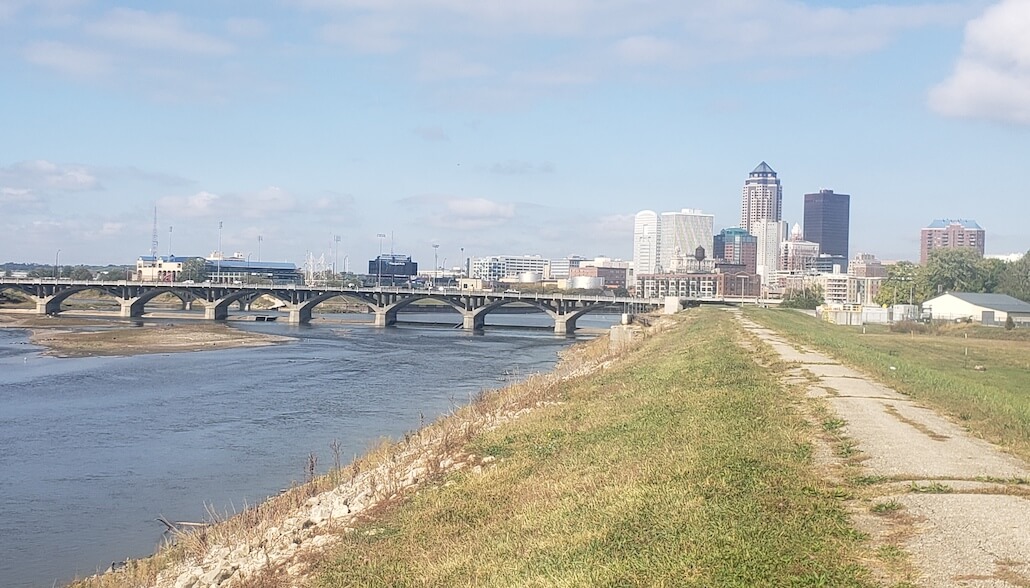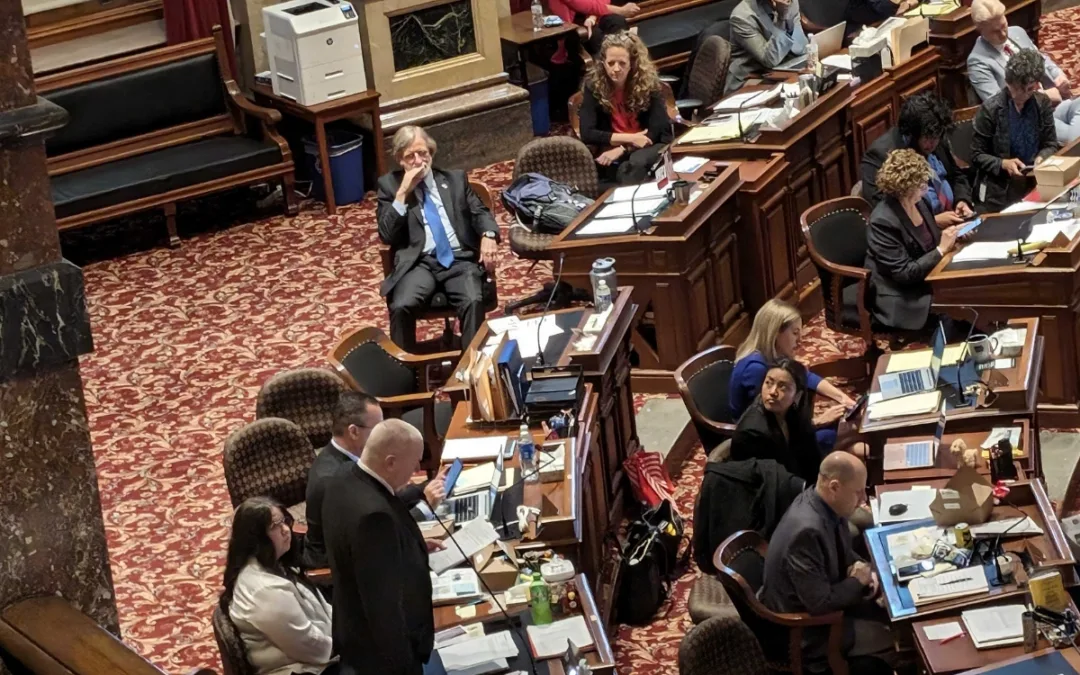
Almost 10 years after it was first passed, funding for environmental projects around Polk County will be on the ballot again in November.
The new $65 million Polk County Water & Land Legacy bond will continue the work started by the $50 million Water & Land Legacy bond that began in 2012.
In those nine years, funds have been used to accomplish projects targeting water quality, trails, land acquisition and park improvements.
Some of the completed projects include the Polk County Water Quality Monitoring Program, trail enhancements at parks like Jester Park and Yellow Banks Park, and extensions to the Cichaqua Valley Trail, as well as land acquisitions for conservation efforts.
The new bond would allocate more money to do more of the same work.
[inline-ad id=”1″]
Some of the funding would help cover the cost of building 150 miles of water trails in central Iowa for the Central Iowa Water Trails project, a project which would increase opportunities for paddling and other water recreation like whitewater kayaking in central Iowa.
It would also provide economic development opportunities for the cities and towns connected by the water trails.
Polk County Conservation Director Richard Leopold said there’s a lot of focus on recreation. One of those plans is to build a mountain bike park near Copper Creak Lake in Pleasant Hill. Another is to expand winter sports at Sleepy Hollow.
He said there’s been more than a 30% increase in trail and park usage since the pandemic began, and people have come to realize how good outdoor recreation is for their physical and mental health.
[inline-ad id=”2″]
Money will also go toward locations and amenities like the Jester Park Nature Center for helping people understand the environment and its needs.
To combat water quality issues, Polk County is seeking to build saturated buffers and bioreactors on farms near the Des Moines and Raccoon Rivers. Those are some of the most effective methods of curbing farm runoff, the leading contributor to Iowa’s water pollution.
Alicia Vasto, the associate director of the water program for the Iowa Environmental Council, said those ideas bode well for successfully mitigating impacts to water quality for people in Polk County. That would impact both drinking water and recreation.
“This new bond will create even more opportunities to enhance the recreational assets in the county and protect water quality and improve flood mitigation,” Vasto said. “Allowing people to get outside more and enjoy the natural resources that are coming up to offer is really huge for quality of life here in Polk County.”
[inline-ad id=”3”]
The bond would also build new walking and bike trails, connect others and acquire land for future projects, though specifics for those haven’t been decided yet.
Leopold said he thinks this bond will be successful despite it being on the ballot in an off-year for elections. In 2012, a general election-year, the bond passed by 72% and Leopold said early polling for this bond shows 75% support.
“I feel confident but not cocky,” he said. “I think we can do a good job with the money and we can show people the efficiency in local government in making that happen.”
In addition to public health benefits, Leopold said projects like these are good for economic development. The business community, he said, is in favor of projects like this because it allows them to attract and keep workers who want to live near outdoor recreation opportunities and clean water.
“People want to live in places where these kind of things are important,” Leopold said. “It used to be, 30 years ago, that you found a job and then you moved there. Now, you move to where you want to live and then you find a job.”
[inline-ad id=”5″]
For anyone concerned about the price, Leopold said that calculations based on the average home in Polk County show, at most, $11 added to people’s property taxes a year, for 20 years. And that’s less than the previous bond, which was $19 a year.
“All of these things kind of tie together,” he said. “Public health, economic vitality, natural resources protection, water quality, I think those are all really strong reasons to support.”
by Nikoel Hytrek
10/5/21
[inline-ad id=”0″]
Politics

AEAs cutting workers in wake of Republican legislation
Iowa legislators said a new bill cutting money for agencies that help students with disabilities wouldn't affect services. But area education...

He said what? 10 things to know about RFK Jr.
The Kennedy family has long been considered “Democratic royalty.” But Robert F. Kennedy, Jr.—son of Robert F. Kennedy, who was assassinated while...
Local News

No more Kum & Go? New owner Maverik of Utah retiring famous brand
Will Kum & Go have come and gone by next year? One new report claims that's the plan by the store's new owners. The Iowa-based convenience store...

Here’s a recap of the biggest headlines Iowa celebs made In 2023
For these famous Iowans, 2023 was a year of controversy, career highlights, and full-circle moments. Here’s how 2023 went for the following Iowans:...





